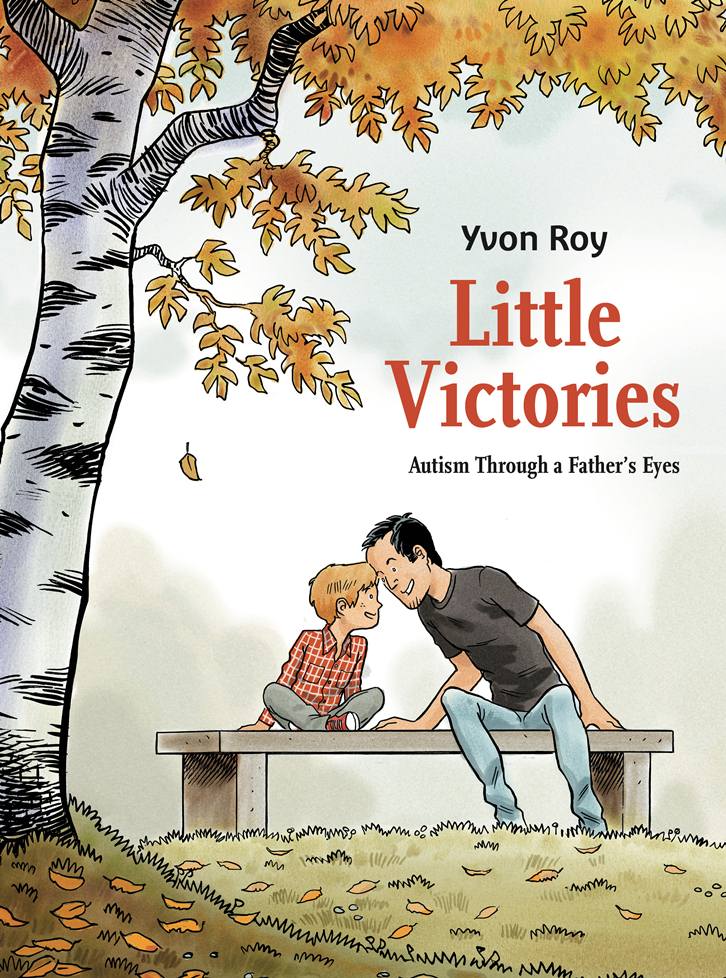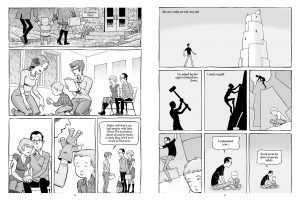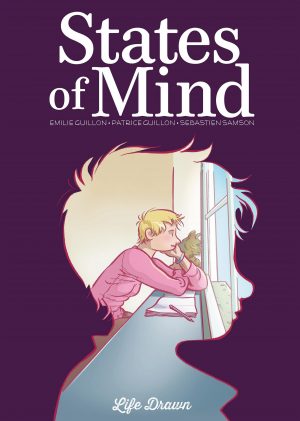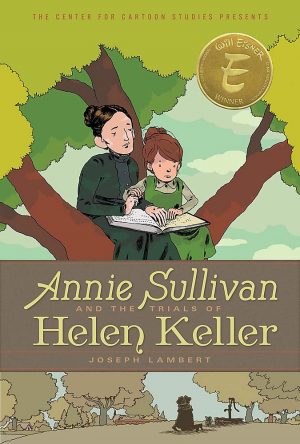Review by Frank Plowright
Little Victories opens with the joy of childbirth for Chloe and Mark, in scenes so saccharine they’re almost off-putting, no sentiment too banal for inclusion. This is deliberate on Yvon Roy’s part, over-exaggerating the happy moments before dropping the bombshell that Oliver is autistic.
For all the lip service paid to inclusion and acceptance, Roy realises there’s a gulf of difference between well-meant sympathy and actual experience. Help is available, but all too often it’s very clinical and of little practical value, and the stress of constantly attempting to engage with their child pushes Mark and Chloe apart. Gradually, however, instinct takes precedence over perceived wisdom and Mark begins to make connections with Oliver. It’s interesting in that it raises the question of whether clinical advice is of the one type should suit all variety, whereas within autistic response there’s individuality. One medical touchstone is that anyone who’s autistic clings to routine and familiarity, but Mark wants his son to be freed from that, so regularly moves the furniture around after Oliver has gone to bed and applies other methods of disrupting that need.
An artist by trade anyway, Roy adapts well to comics, with neat figures and clear storytelling. He’s especially good with surreal flights of fantasy and visual metaphors, and draws cute children rather than scaled-down adults. It’s important to note the joy of the drawing, because this is a heartwarming and life-affirming journey, offering advice along the way, rather than any form of treatise.
Roy makes it very clear that initial feelings of guilt and disappointment are natural with regard to the news that your child is autistic, but that’s more to do with a parent’s own expectations needing to change. It takes some parents long enough to realise that at first they have to adapt to their baby’s needs rather than the other way round, but with autism that’s a lifelong process. Late on, Mark notes that he suffers because he projects himself onto his son, but when the book finishes, for the most part his son is a very contented eight or nine year old who enjoys life.
One minor irritation is that in several places words are missing or mispelled (“soon” for “son”), a glitch of the translation process presumably. Otherwise, while there’s now plenty of online advice on helping autistic children, it’s difficult to visualise the parent of one that wouldn’t benefit from reading Little Victories. Perhaps their coping strategies would have to be different, but seeing Mark raise his son from birth to mid-primary school age is a joyful process for an even wider audience.





